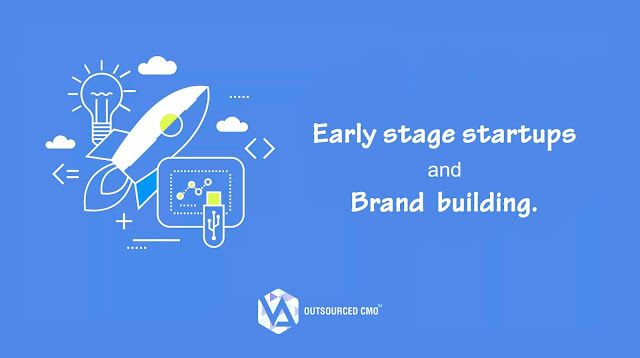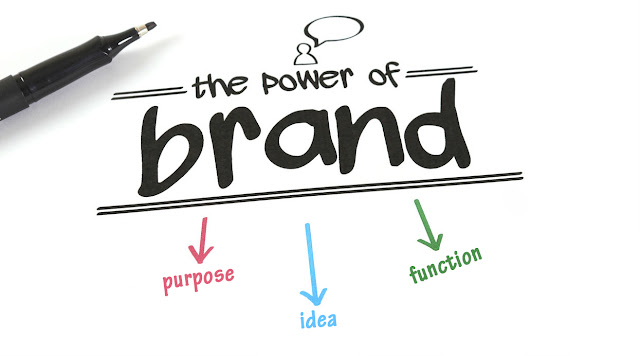


No doubt it is the age of startups as more and more startups hit the market with their USPs at regular interval. But, it is not all smooth sailing for the startups in this ultra-competitive environment.
According to an IBM Institute for Business Value and Oxford Economics study, 90% of startups in India fail within the first 5 years. For example, Taskbob a hyperlocal, on-demand home service launched in India in 2015 announced its shutdown on the company's FB page on Jan 19, 2017 while the last minute hotel booking app Roomstonite launched in 2015 from Bengaluru, India seems to have shut down in just two years in 2107.
Moreover, startups by their very nature are always experimenting and do not have a predefined path on which to progress. As they work in uncharted territory they often have to change directions and or their products/services to suit market trends. Often-a-times their business model too changes.
Another important thing to be kept in mind is that the purpose, idea and function of a brand are different for a startup vis-a-vis an established company.

An established company can afford to set up a brand before it launches its product, in fact, it receives tremendous benefits by launching a brand before it launches the product as it arouses curiosity among consumers about the new product and whets their appetite giving the product initial traction so necessary for any product to be successful.
But this would be a suicidal strategy to follow for an early stage startup. As the startup itself lacks the power of recognition amongst consumers any branding exercise that it launches prior to launching its product is prone to backfire as consumers would not take the branding at its face value and would start questioning the product before it is even launched thus giving negative publicity to the product and the company itself.
